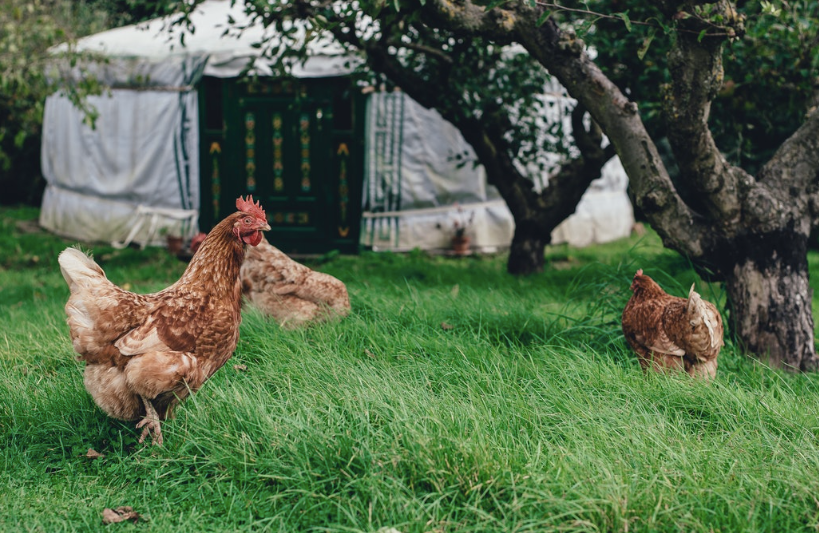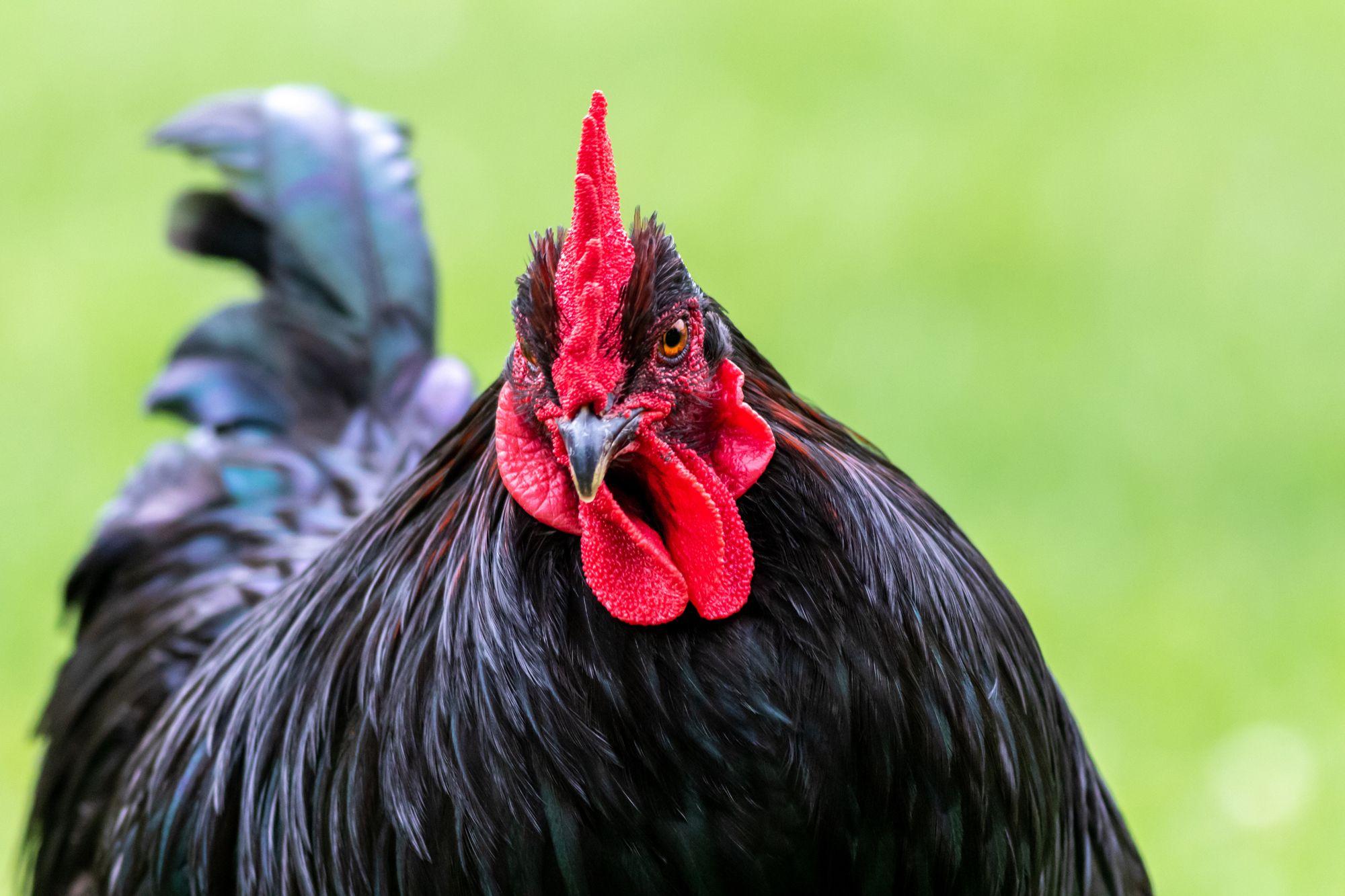Embrace Environmental Stewardship With Backyard Chickens


Sustainability is more than a buzzword; it’s a way of life. By raising backyard chickens, you have already taken a big step to a more sustainable lifestyle. But there are other things you can do and choices you can make to ensure that your chickens continue to be sustainable.
Garden Helpers
Chickens have traditionally been a huge help to gardeners by keeping insect populations down and providing fertilizer to apply to the soil. Although you do not want your chickens free-ranging in the garden once everything begins growing, a few simple adjustments to your gardening routine can be beneficial for both your garden and your flock. Chicken manure is rich in calcium and gradually increases soil pH.
You can let your backyard chickens prepare the garden soil before it is time to plant by letting them into the garden to scratch for slugs and bugs such as grasshoppers, grubs, beetles and larvae. By letting chickens eat all the bugs, you eliminate the need for insecticides.
If you plant cover crop plots in your garden, such as rye, alfalfa or mustard, you can enclose the chickens on those plots so they can work over the cover cropped area while leaving the rest of the garden intact. The birds will leave their manure on the cover crops and soil, and the chickens’ natural soil disturbance aids decomposition and formation of air channels that encourage water to soak into the soil rather than run off.
Compost
Because chickens are omnivorous, they can eat almost any kitchen scraps, including meat. Of course, you should also feed your backyard chickens a complete poultry feed in addition to any kitchen scraps so they get proper nutrition.
Your chickens will scratch up all compost and mix it with their manure, making an excellent fertilizer. By turning your scraps into food for your garden, your chickens can help you get closer to a zero-waste goal.
Solar Panels
A chicken coop is the perfect location for solar panels. In addition to absorbing heat from the sun and helping to keep your chicken coop cool and comfortable, the solar panels will generate sustainable, free electric power to keep the lights on in your chicken coop and home.
Chickens must have sunlight at least 14 to 16 hours a day to keep up a high daily egg production. For much of the year, getting 14 hours of natural sunlight each day is impossible, but having solar panels can ensure that sustainable light is available year round to keep your hens producing plenty of eggs.
Reduced Fossil Fuel Reliance
By eating eggs produced by your own backyard flock, you are avoiding purchasing eggs that must be transported from another farm to a store. Less transportation means less use of fossil fuels. You also cut down on the use of plastic packaging that typically would go to a landfill.
Your chickens can be powerful allies in your pursuit of a more sustainable lifestyle. Work with them to enjoy the benefits to your home, your garden, and our planet.
For more tips on sustainable chicken raising, subscribe to Chicken Whisperer Magazine.
Tags:Hot Topics

Chicken Whisperer is part of the Catalyst Communications Network publication family.












